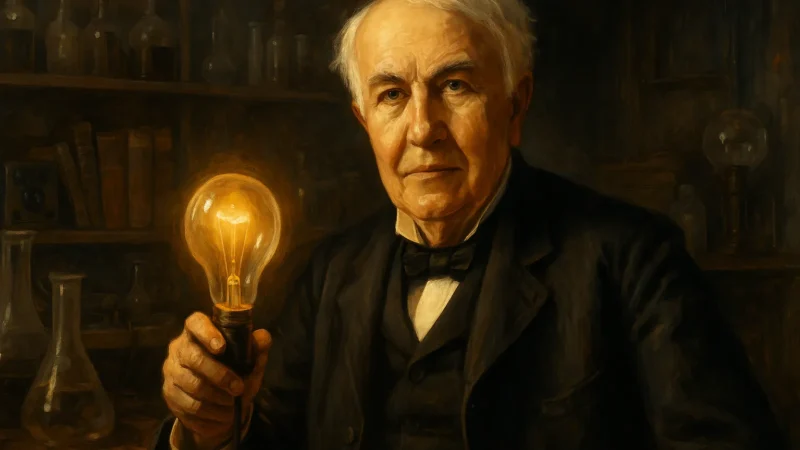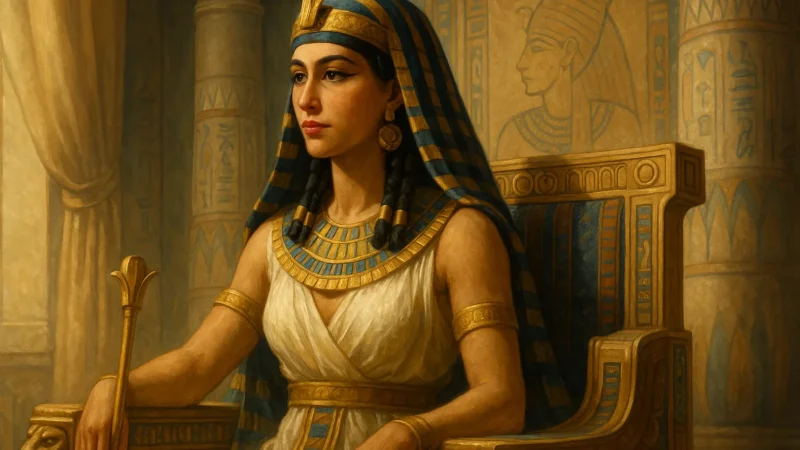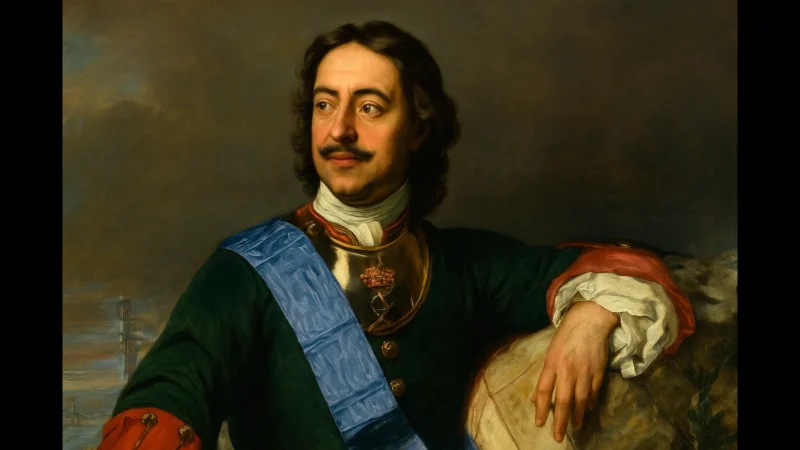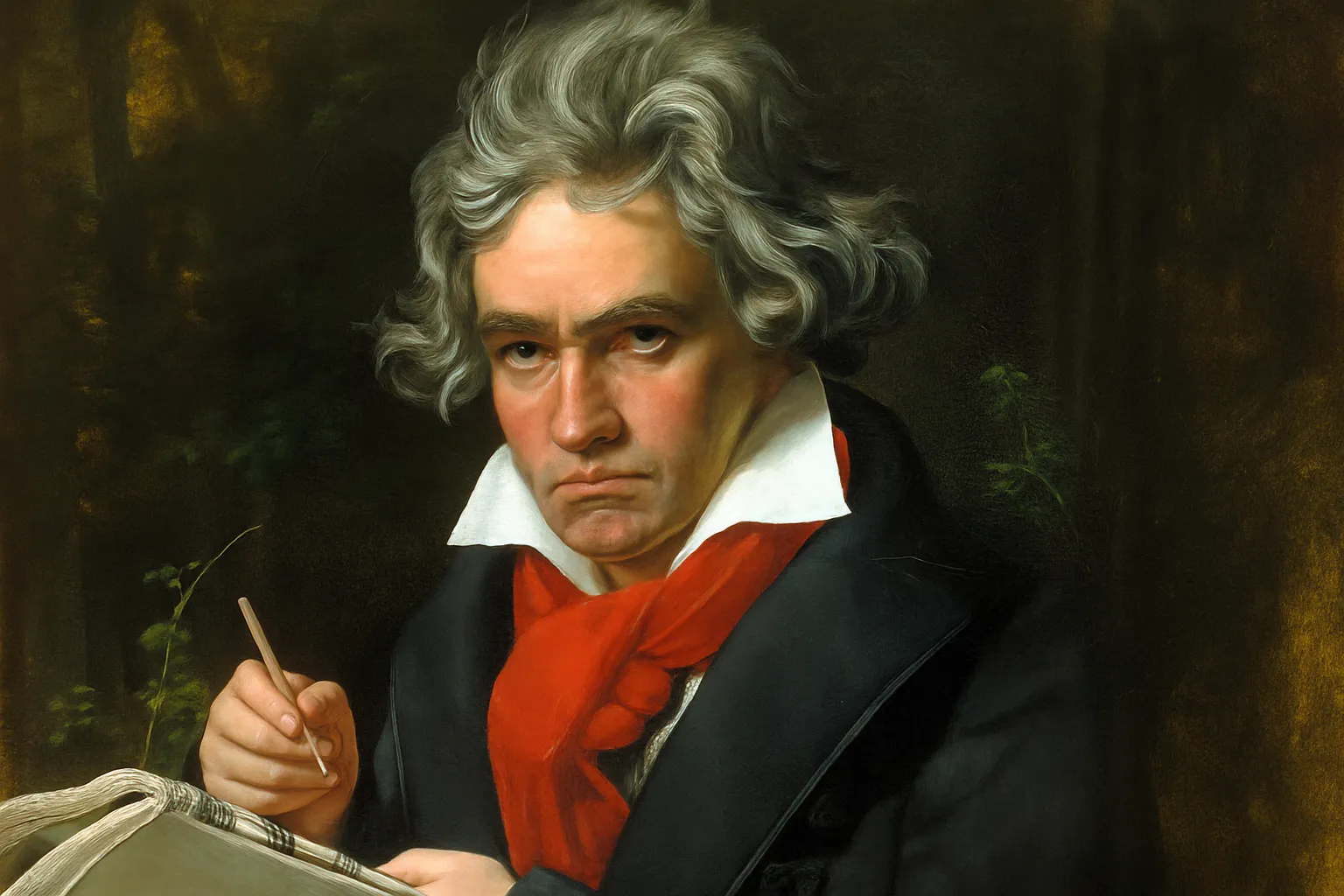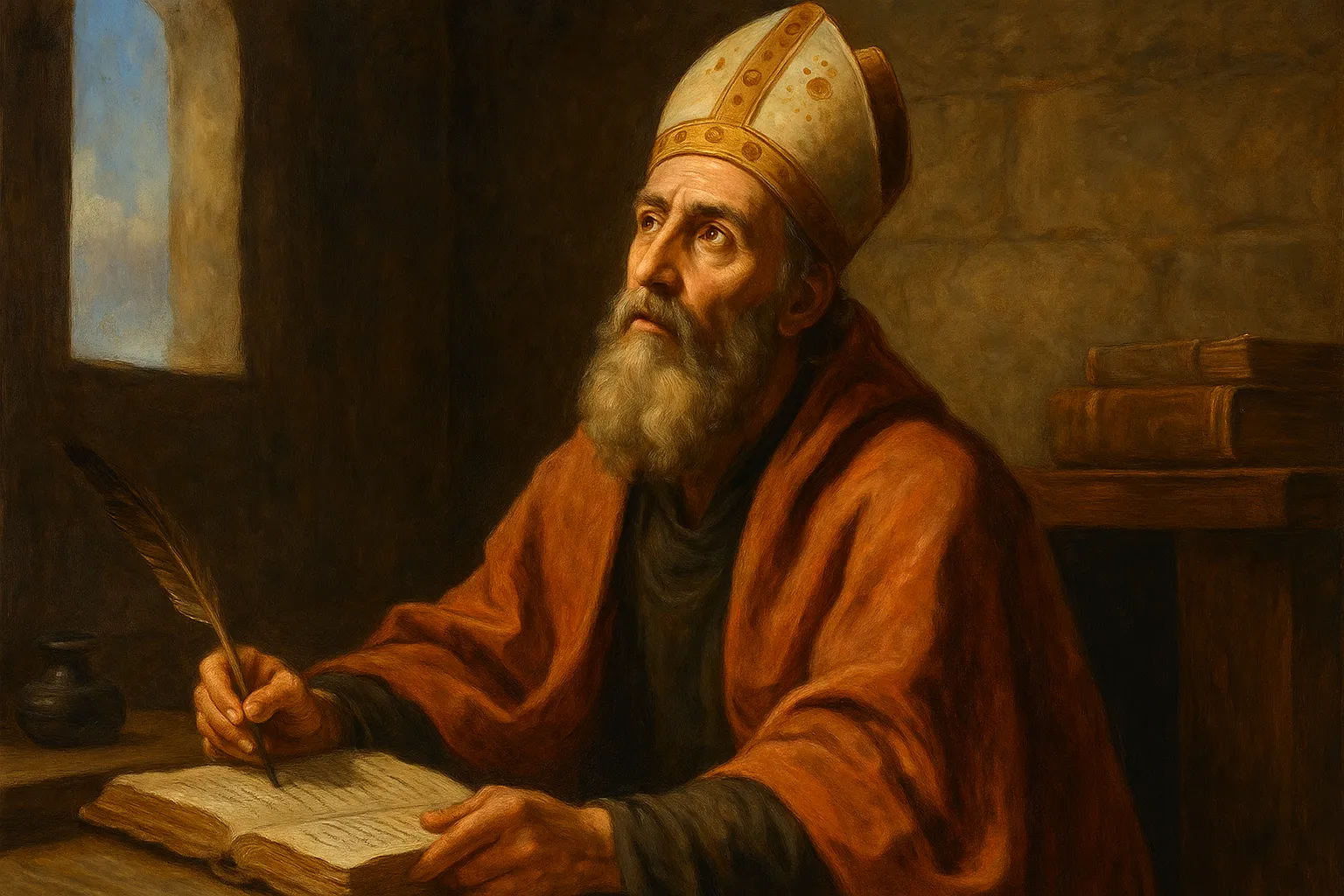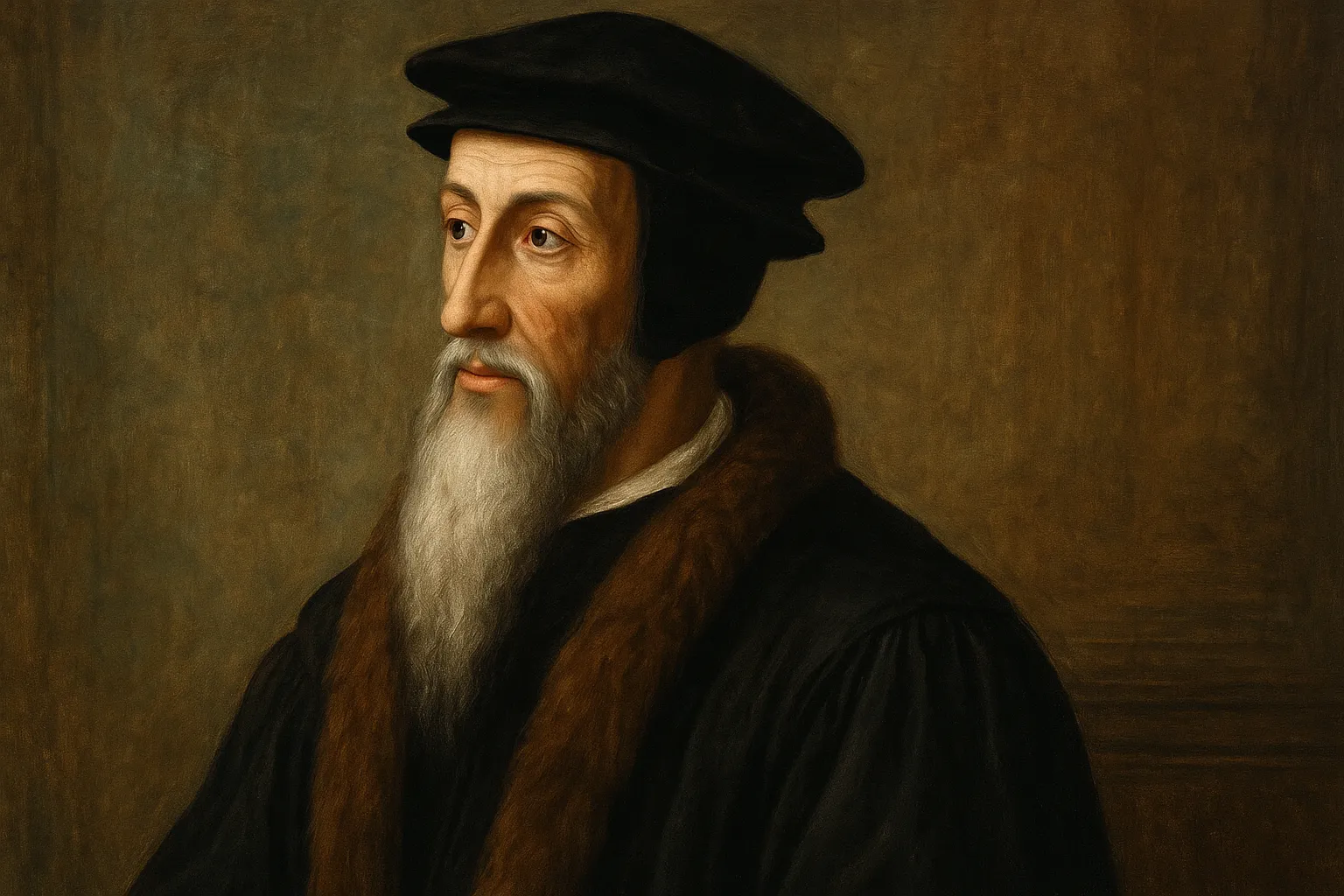Biography of Homer: The poet who sang the origins of the West
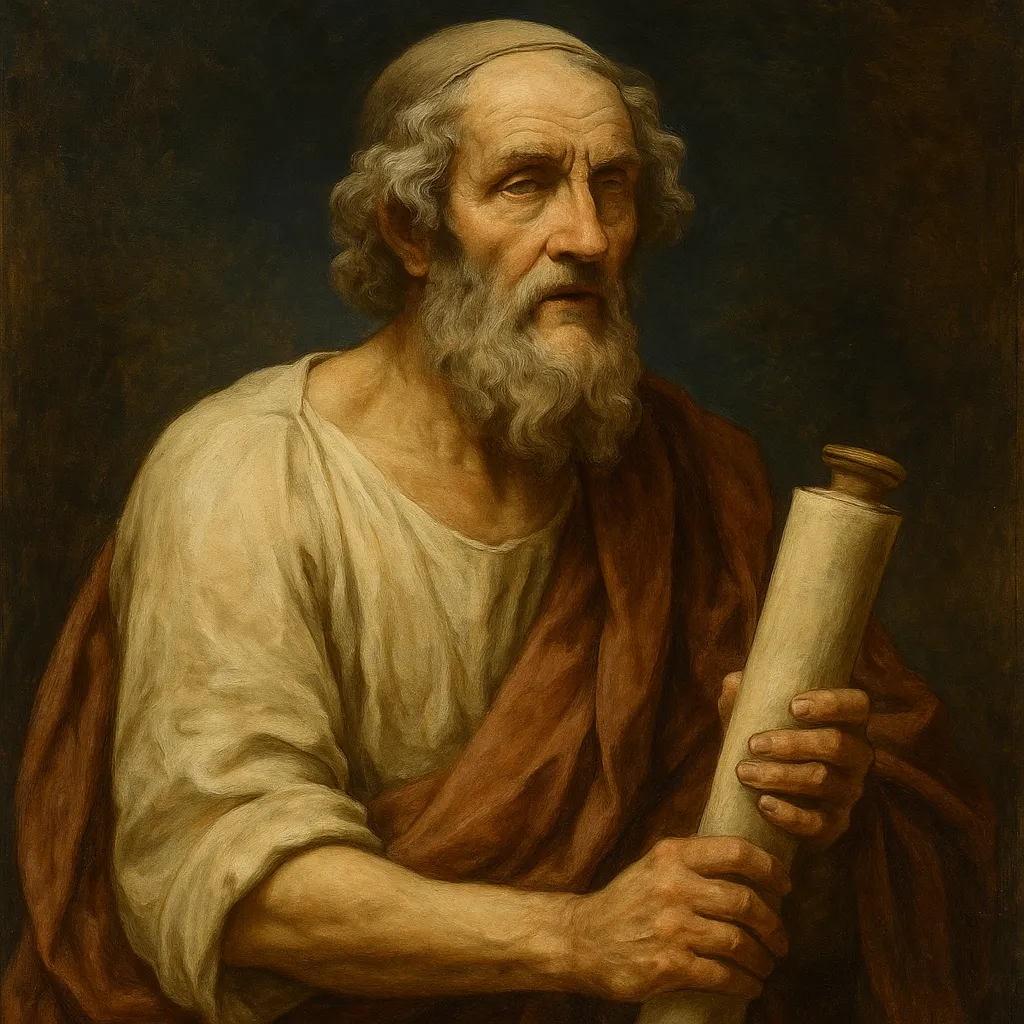
Few names echo as strongly in the history of literature as Homer. His legacy is both immense and mysterious: he is considered the father of Greek epic poetry and the author of two foundational works of Western civilization—the Iliad and the Odyssey. And yet, his life—if he truly existed as we imagine—remains shrouded in mystery, academic debate, and eternal fascination.
Homer did not merely tell stories of heroes, wars, and impossible voyages. He shaped a collective imagination that would inspire philosophers, dramatists, historians, and poets for centuries. Through his poetry, the Greeks came to know their past, their gods, their values, and their destiny.
Man or Myth?
To speak of Homer is to enter a labyrinth of hypotheses. According to tradition, he was a blind Greek poet who lived sometime between the 8th and 7th centuries BCE. However, no definitive biography or contemporary documentary evidence exists. Most sources about Homer are later and steeped in legend.
Several ancient Greek cities—Chios, Smyrna, Colophon, and Athens—claimed to be his birthplace. Biographical accounts such as the Life of Homer, attributed to Herodotus, are more mythological than factual. In many of these, he appears as a wandering beggar, inspired by the Muses, reciting his verses in the streets.
Some scholars have even proposed that “Homer” was a collective name, referring to a long oral tradition passed down by generations of rhapsodes. This idea, known as the Homeric Question, suggests the epics may have been composed by multiple authors but unified under a single poetic voice.
A Song of War and Humanity
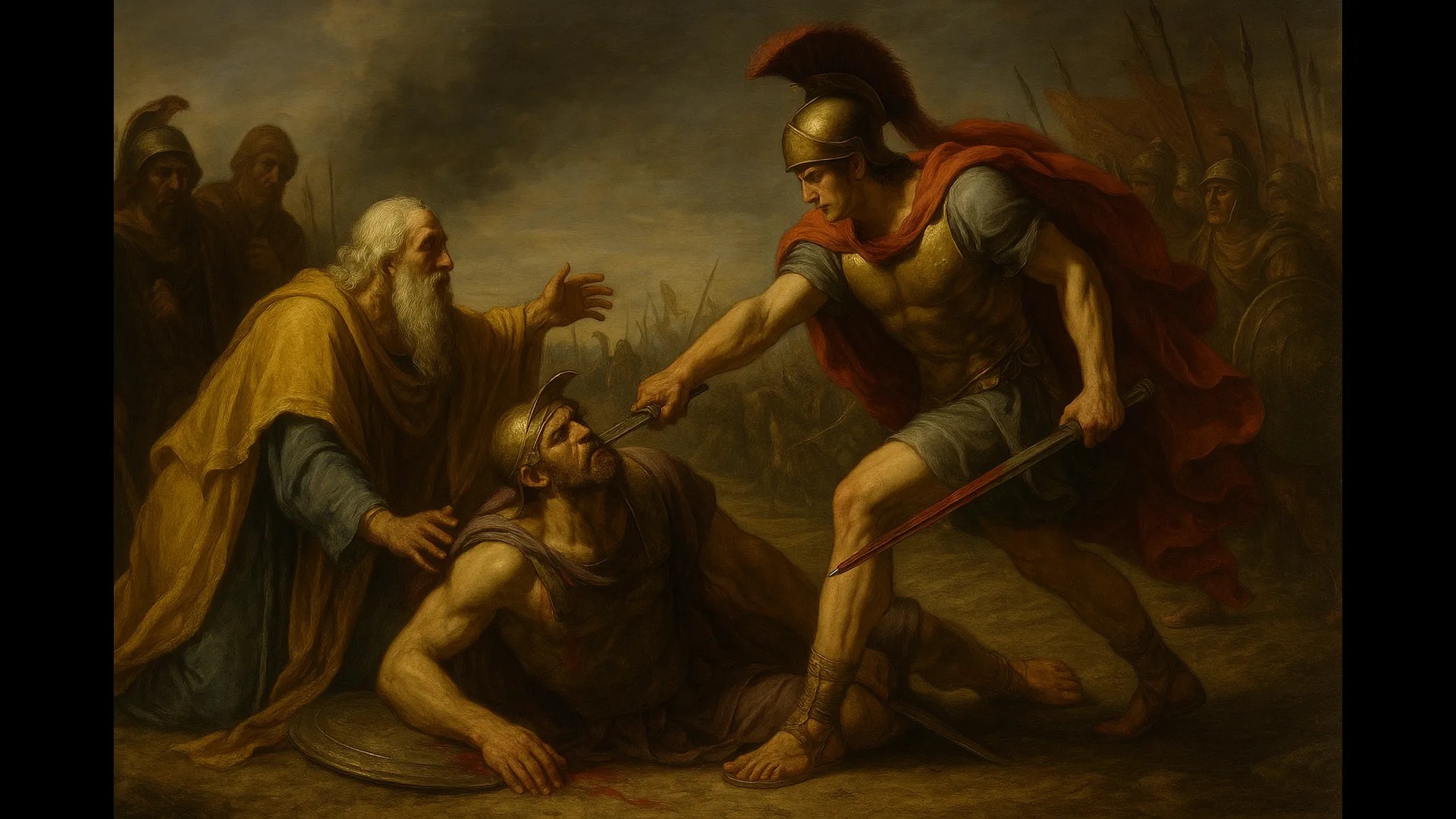
The Iliad is likely the oldest and most powerful work in Western literature. It recounts the final days of the Trojan War, a legendary conflict between the Achaeans (Greeks) and the Trojans. But rather than focusing on victory or strategy, it centers on the inner conflict of the hero Achilles, who feels dishonored by King Agamemnon.
The poem revolves around Achilles’ wrath, his withdrawal from battle, the Greek suffering that follows, and his return to combat after the death of his friend Patroclus at the hands of Hector. Achilles’ revenge ends with Hector’s death—but also with a moment of compassion: the return of Hector’s body to King Priam.
The Iliad is not merely a tale of war; it is a profound reflection on:
- Honor and pride
- Violence and mercy
- Fate and glory
- The fragility of human life
Its elevated style, use of repetitive poetic formulas, epithets (“Achilles of the swift feet”), and lyrical passages reveal a work meant to be recited aloud, not read silently.
The Journey of the Human Soul
If the Iliad is a song of war, the Odyssey is a hymn to the journey, to wit, and to the resilience of the human spirit. It tells the story of the hero Odysseus (Ulysses in Latin) returning home after the Trojan War, facing countless adventures: the Cyclops Polyphemus, the Sirens, the sorceress Circe, sea monsters, and the realm of the dead.
Unlike Achilles, whose drama is epic and tragic, Odysseus is a human, clever, and vulnerable hero. His struggle is not so much against enemies but against nostalgia, forgetfulness, the seduction of power, and the desire to return to his roots.
The Odyssey’s structure is more complex and literary. It alternates timelines, perspectives, and locations. It introduces elements that anticipate the modern novel—first-person narration, psychological depth, and identity reflection.
From Classical Greece to the Modern World
Homer’s impact on Greek culture was total. His epics became the primary educational text of antiquity. Children learned to read with them, philosophers quoted them, sculptors depicted their scenes, and poets tried to emulate their greatness.
Plato, despite his criticism of mimetic art, could not deny Homer’s influence. Aristotle praised him for his ability to structure narratives and create coherent characters. In Rome, Virgil directly imitated him in the Aeneid, the Roman national epic.
During the Middle Ages, while Greek culture was less accessible in Western Europe, Homer survived in Byzantine monasteries and Arabic translations. With the Renaissance, his works resurfaced as a cornerstone of the humanist canon.
In modern times, writers such as Goethe, Joyce, and Kazantzakis found in Homer an endless source of inspiration. James Joyce’s Ulysses, for example, is a postmodern retelling of the Odyssey, set in 20th-century Dublin.
Homer and Oral Tradition: The Art of Memory
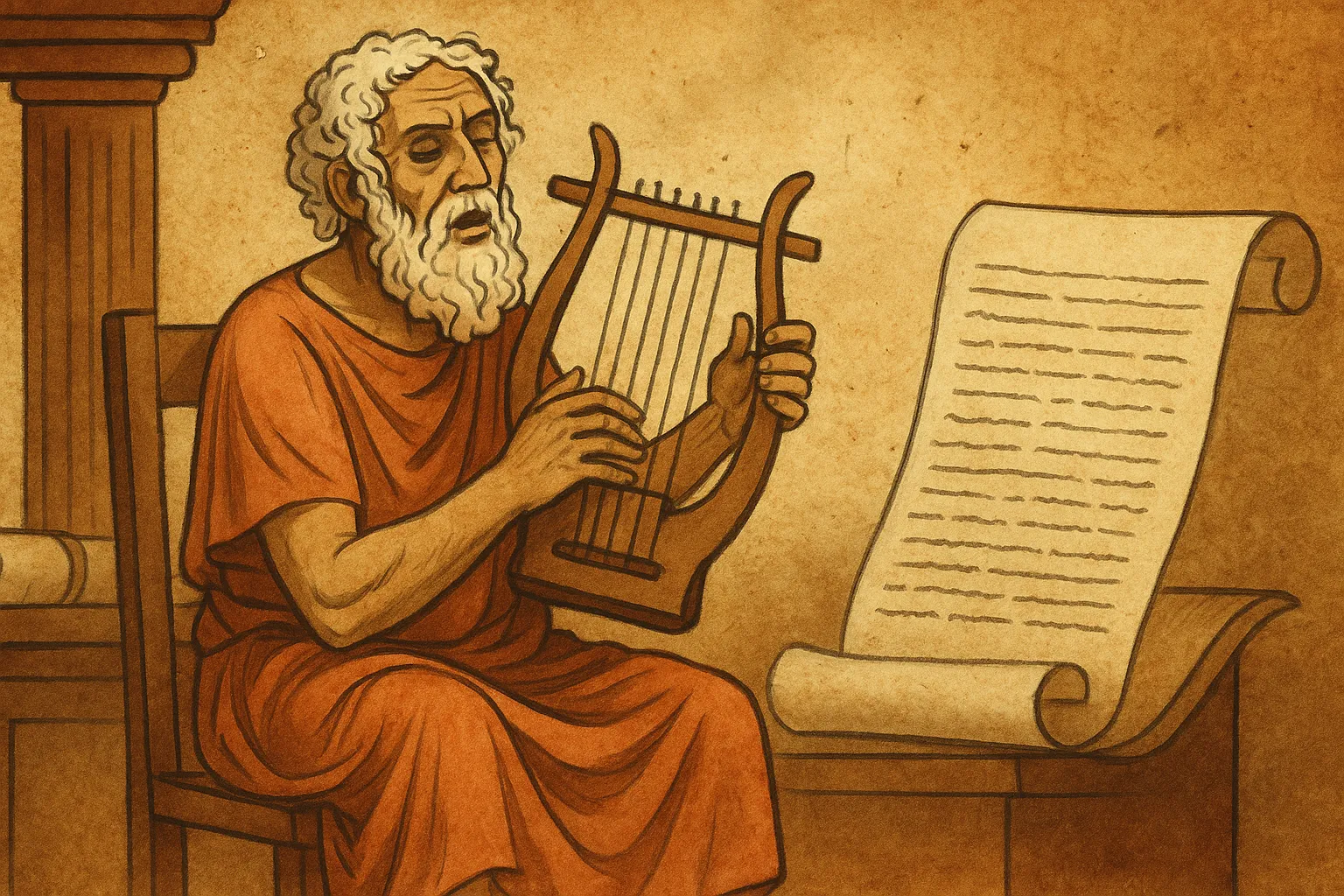
To understand Homer’s work, one must consider its oral origin. Before writing was common, poets memorized and recited vast narratives in verse. The repetition of formulas, epithets, and metrical schemes made this possible.
The theory of “oral-formulaic composition” developed by Milman Parry and Albert Lord in the 20th century demonstrated that Homeric poetry was built on a highly structured, memorizable system. This explains the consistency across thousands of verses—even without original manuscripts.
Homer represents a civilization in transition: between orality and literacy, myth and history, legend and rational thought. This complexity makes him all the more fascinating.
Did Homer Really Exist?
The so-called “Homeric Question” has been debated for over two millennia. Some believe Homer was a real individual who composed both epics. Others argue they were created by different poets, with Homer as a symbolic author.
His alleged blindness is also debated. This image may come from the association with aoidoi—wandering blind poets like Demodocus in the Odyssey.
Today, many scholars agree that the Homeric works emerged from a long oral tradition, refined by generations of rhapsodes and eventually written down, possibly in the 6th century BCE during the rule of Pisistratus in Athens.
An Immortal Legacy
Homer did not just invent Greek epic—he invented a way of thinking. He turned human experience—suffering, glory, loss, hope—into poetic and universal material. Through him, we understand how ancient Greeks conceived life, death, war, and love.
His verses have been translated into every major language. His heroes remain alive in novels, films, video games, comics, and theater. His influence is not only literary—it is anthropological, philosophical, and political.
Quotes and Curiosities
- 📖 “Speak, so that I may know you, for only words reveal a man” (Odyssey).
- 🏛️ In Classical Greece, Homer was regarded as “the teacher of all Greece.”
- ⚖️ In some city-states, judges swore oaths upon Homeric poems.
- 🎭 At pan-Hellenic festivals, rhapsodes recited the Iliad and Odyssey as civic acts.
- 🌍 A crater on Mercury bears his name.
The Founding Poet of the West
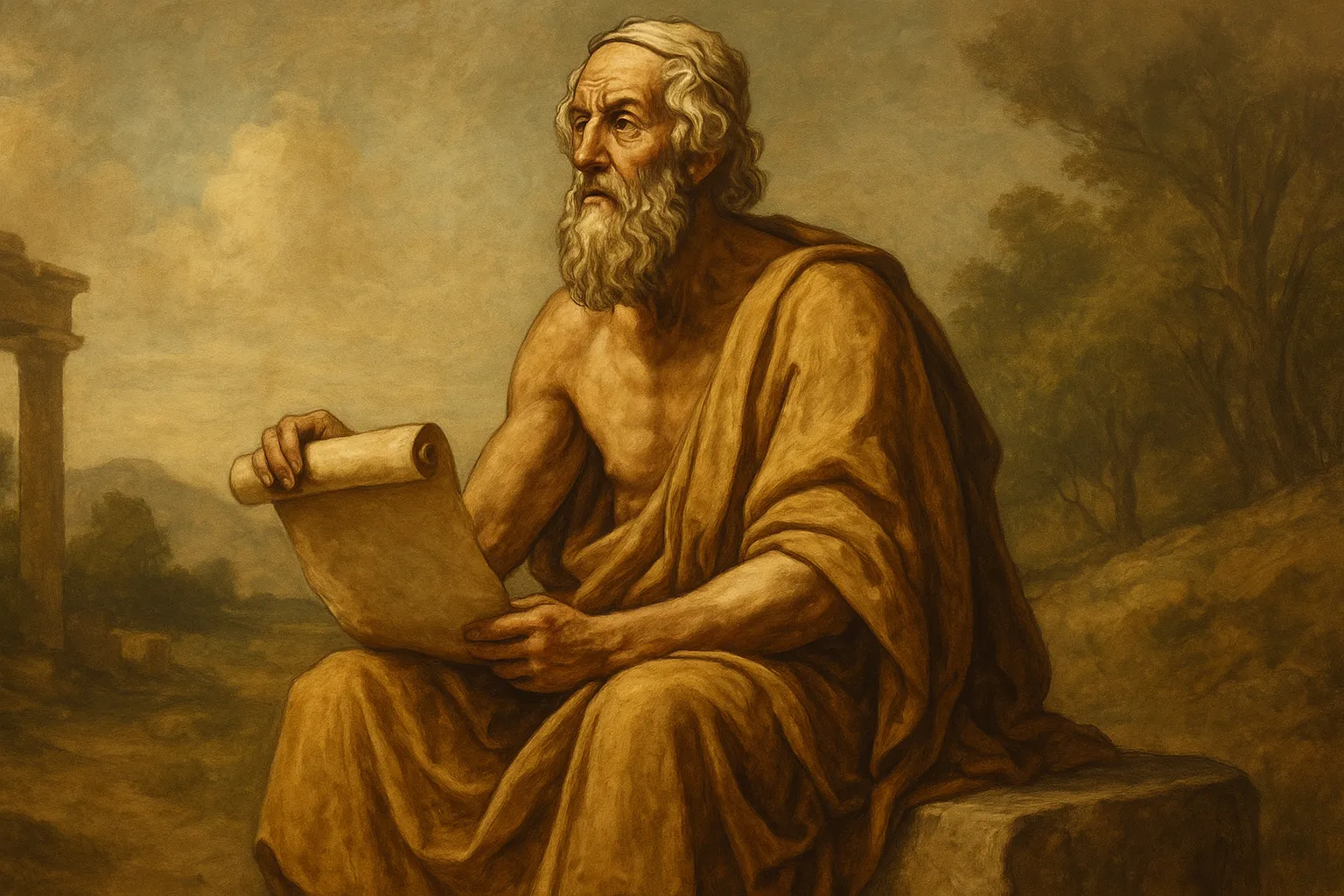
We may never know whether Homer was a real man, a collective tradition, or a mythical construct. What we do know is that his legacy is more real than ever. In every verse, in every echo of his meter, pulses the voice of a world still seeking meaning in journey, battle, and storytelling.
Homer didn’t just write poems—he wrote civilization.

